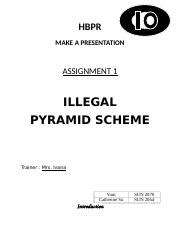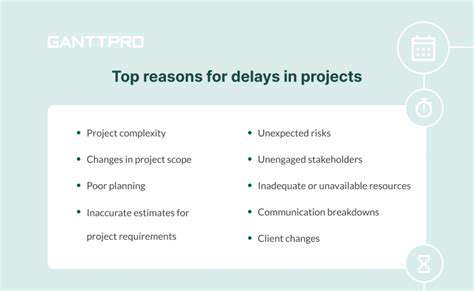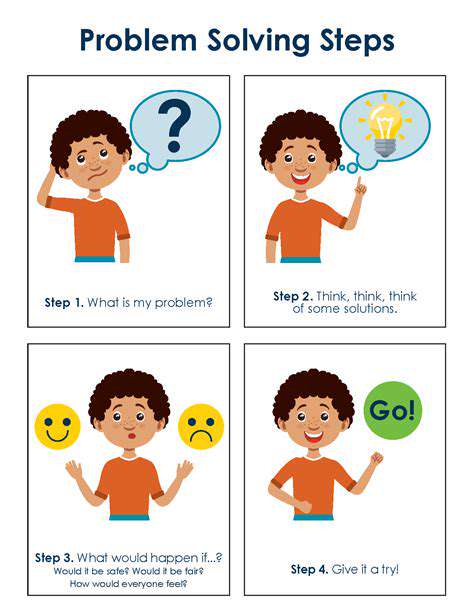How to Navigate Border Control Smoothly
The Essential Role of Border Officials
Immigration officers serve as gatekeepers of national security while facilitating lawful travel. These professionals undergo rigorous training to meticulously verify credentials and assess entry eligibility. Recognizing their dual mandate of security and service helps travelers frame interactions more constructively. This perspective shift often yields more positive outcomes for both parties.
Officers operate within strict procedural frameworks, not personal discretion. While their assessments are binding, demonstrating cooperation and understanding can streamline the process. Remembering they enforce laws rather than make them fosters more productive exchanges. Their primary concern remains protecting national interests while ensuring legitimate travelers pass efficiently.
Optimizing Your Preparation
Meticulous organization separates smooth transits from problematic ones. Keep passports, visas, and supporting materials in dedicated, easily accessible compartments. Consider color-coding or tabbing critical documents for instant retrieval. This level of preparation demonstrates respect for the process and the officer's time.
Research destination-specific regulations thoroughly - entry requirements evolve constantly. Government travel websites provide authoritative, current information that can prevent avoidable complications. Print backup copies of approvals and confirmations as digital systems occasionally fail.
Articulate your travel purpose clearly and concisely. Whether visiting family, conducting business, or touring, prepare a brief factual statement. For complex itineraries, carry printed schedules with contact details for local references. Concrete details build credibility more effectively than vague responses.
Anticipate standard inquiries about duration, accommodation, and funding sources. Practice delivering responses that are complete yet succinct. Avoid volunteering unsolicited information while answering questions directly. This balanced approach demonstrates both preparation and respect for the process.
Maintain composed body language regardless of processing duration. Deep breathing techniques help manage stress during extended waits. Polite persistence proves more effective than visible frustration when seeking clarification. Remember that officers process hundreds of travelers daily - your patience gets noticed.
Nutrition profoundly impacts regulatory systems governing sleep and wakefulness. Complex carbohydrates and lean proteins help stabilize blood sugar, preventing energy crashes that disrupt circadian rhythms. Magnesium-rich foods like leafy greens and nuts support muscle relaxation and GABA production. Conversely, processed snacks and caffeine can overstimulate the nervous system, compromising sleep quality even hours after consumption.

Managing Travel Disruptions: Practical Contingency Planning

Decoding Disruption Triggers
Travel interruptions frequently originate from interconnected systemic factors. Distinguishing between controllable variables (like documentation) and external factors (like weather) informs appropriate response strategies. This diagnostic approach transforms reactive scrambling into measured problem-solving.
Strategic Preparation Frameworks
Seasoned travelers build redundancy into their plans. This means securing travel insurance, identifying alternate routes, and packing essential medications in carry-on luggage. Digital backups of critical documents stored in secure cloud services provide failsafes against physical loss. Such precautions create multiple recovery options when plans derail.
The Communication Imperative
Establish communication protocols before disruptions occur. Share itineraries with trusted contacts, note embassy locations, and program emergency numbers into your phone. Real-time flight tracking apps provide advance notice of schedule changes, enabling proactive adjustments. These measures prevent isolation during critical situations.
Resource Optimization Techniques
Allocate financial reserves specifically for contingencies. Maintain separate emergency funds in different forms - some cash, some accessible digitally. Smart resource distribution prevents single-point failures from becoming full-blown crises. This principle applies equally to time management, where buffer periods absorb inevitable delays.
Progress Monitoring Systems
Implement regular checkpoint assessments during complex itineraries. Use calendar alerts to verify connections and reservation confirmations. Early detection of potential conflicts allows for gradual course corrections rather than last-minute emergencies. This monitoring mindset transforms stress into manageable action items.
Adaptive Mindset Development
Cultivate flexibility as a core travel skill. View altered plans as opportunities for unexpected discoveries rather than failures. This psychological reframing reduces frustration while opening possibilities that rigid itineraries might miss. The most memorable travel experiences often emerge from detours.
Post-Trip Analysis Practice
After each journey, document what worked and what didn't in a travel journal. These reflections create personalized improvement algorithms for future trips. Over time, patterns emerge that reveal your unique vulnerability points and most effective mitigation strategies.


![How to Pack a Carry On Only [Minimalist Guide]](/static/images/27/2025-05/AccessoriesandDocuments3AKeepingitCompactandOrganized.jpg)




![Best Luxury Travel Credit Cards [2025]](/static/images/27/2025-05/ExploringSpecificCardOptionsfor2025.jpg)


